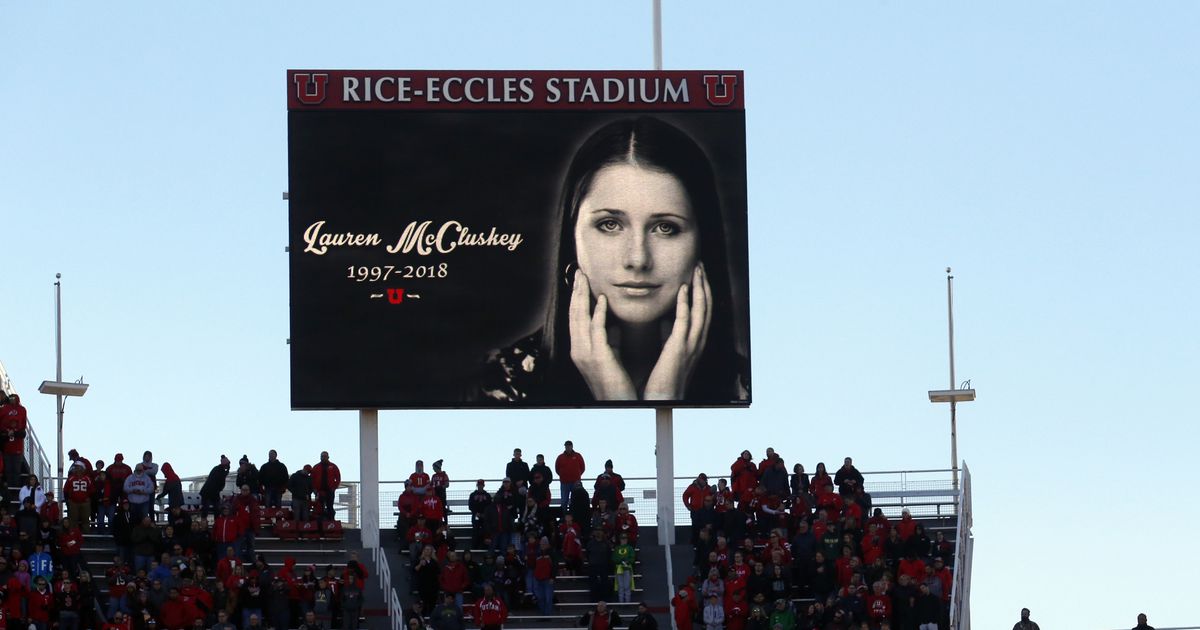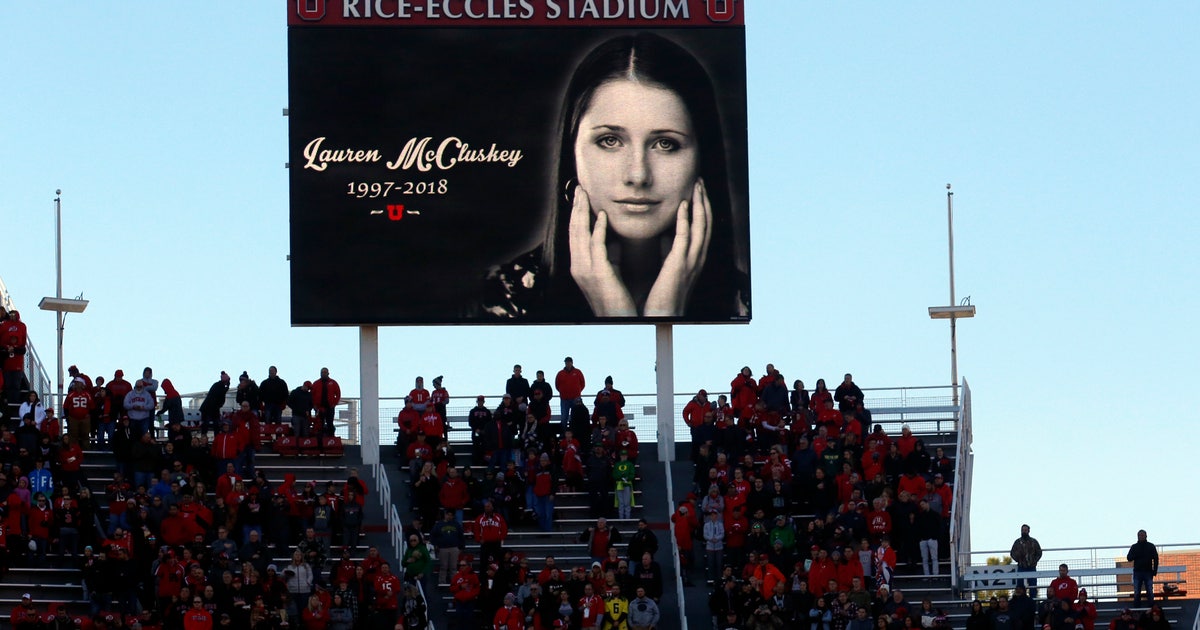Family: University failed to act before student was killed


SALT LAKE CITY (AP) — The family of a University of Utah student shot on campus sued the institution on Thursday, saying officials have refused to take responsibility for missing chances to prevent her death despite multiple reports to police.
Lauren McCluskey’s parents said they hope the suit can help protect other women at risk of dating violence on college campuses.
“There is a culture of not taking complaints that women make about sexual harassment and sexual violence seriously,” attorney Jim McConkie said.
Any damages would go to a trust designed to improve campus safety, he said.
The university did not immediately comment on the lawsuit.
Jill and Matthew McCluskey have said university police and housing officials failed to take her case seriously enough and act on warnings that her ex-boyfriend was dangerous.
Track star Lauren McCluskey, 21, was fatally shot by her ex-boyfriend on Oct. 22, 2018, after she dumped him because he lied about his name, age and status as a sex offender.
An independent review commissioned by the university found multiple missed warning signs before the shooting, but president Ruth Watkins has insisted there’s no reason to believe shooter Melvin Shawn Rowland, 37, could have been stopped.
The university has pledged to act on the report’s findings, but authorities didn’t discipline anyone.
Reports about Rowland began more than a month before her death, when her friends told housing officials he was controlling and talking about guns. That report never made it to police because of bureaucratic snafus and concerns about overstepping into Lauren McCluskey’s private life.
Ten days later, her mother called university police saying she was worried about her daughter’s safety and requesting an officer accompany Lauren McCluskey as she got her car back from her ex-boyfriend.
On Oct. 12, she told university police that Rowland’s friends appeared to be trying to lure her off campus into a trap with fake texts. In the subsequent days, she reported he was extorting her by threatening to post compromising photos of her online.
He later left a message posing as a police officer in an apparent attempt to get her to leave her university apartment, but that report also did not appear to raise serious alarm.
She was told at one point there was little officers could do without a direct physical threat. Investigators did not discover that he was a recent parolee and sex offender.
The university has said they take the case seriously, and pledged to run more-frequent checks that identify ex-convicts. They’ve also promised to fix police understaffing by hiring more officers and increasing training, as well as streamlining communications between housing officials and police.





